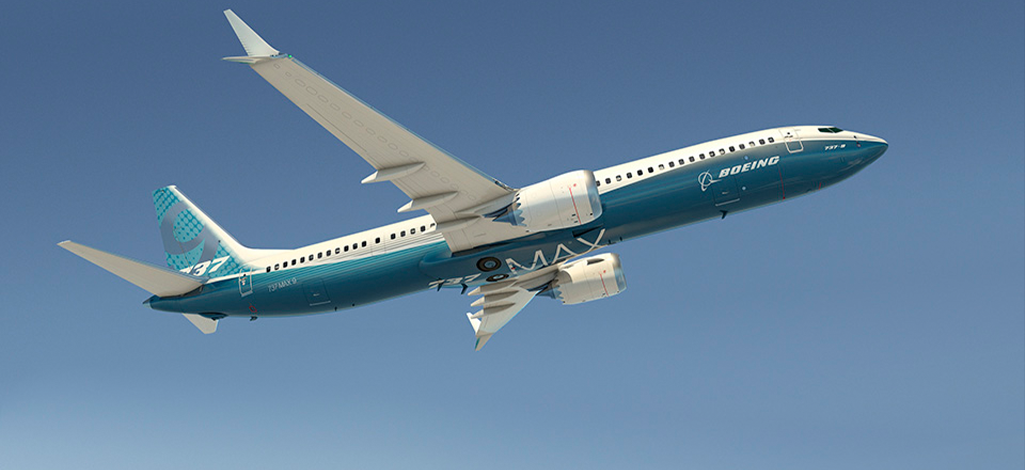Following two crashes involving Boeing 737 MAX aircraft (Lion Air Flight 610 on October 29, 2018, and Ethiopian Airlines Flight 302 on March 10, 2019), the 737 MAX was grounded by aviation regulators around the world. In Canada, the 737 MAX has been grounded since March 13, 2019.
After an extensive safety review process spanning 20 months, the United States Federal Aviation Administration (FAA) issued an Order on November 18, 2020, rescinding the grounding order. The FAA also issued an Airworthiness Directive detailing design changes required before a return to service. New pilot training requirements were also issued.
Canada decided not to adopt the FAA Airworthiness Directive and has now issued its own set of requirements that will allow the commercial operation of the 737 MAX in Canadian airspace as early as January 20, 2021. On January 18, 2021, Transport Canada issued its own Airworthiness Directive, setting out the required modifications to be made to the aircraft prior to its return to service. Interestingly, the Canadian Airworthiness Directive does not adopt the FAA approval, and includes additional safety requirements.
The Canadian Airworthiness Directive requires the installation of new software for the flight control computer to address the now well-known issues related to the 737 MAX Maneuvering Characteristics Augmentation System (MCAS). In addition, the MAX display system software will now include as standard the “AOA DISAGREE” alert on all such aircraft (this was an option originally purchased by approximately one-fifth of 737 MAX purchasers). Also included is an enhanced flight deck procedure that provides the option for a pilot-in-command to disable a “stick shaker” warning if it is activated by an angle of attack sensor system failure.
Transport Canada has also issued an Interim Order setting out expectations and requirements for additional training for Boeing 737 MAX crew members. The revised training programs for the three major Canadian operators were approved on December 21, 2020, and these airlines have been actively training their pilots since that time.
Finally, Transport Canada is also lifting the existing Notice to Airmen (NOTAM) on January 20, 2021, which prohibited the commercial operation of the Boeing 737 MAX in Canadian airspace.
The 737 MAX accidents and grounding will undoubtedly play a role in future certification processes faced by manufacturers of new aircraft. It will also be interesting to see whether certification requirements will vary across jurisdictions in the future, as we have seen with the return of the 737 MAX.
For more information, please contact Michael Dery or a member of our Aviation Group.
*Photo courtesy of Boeing.


